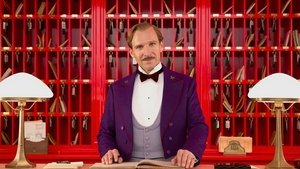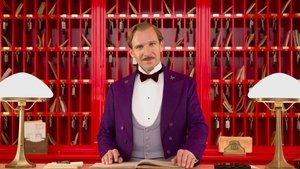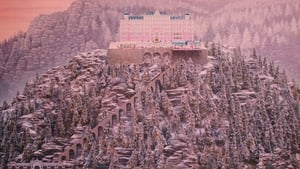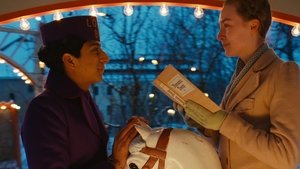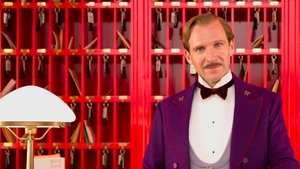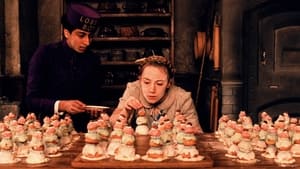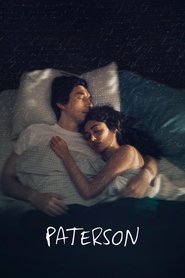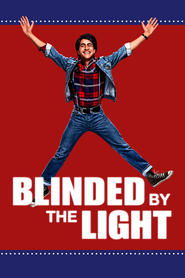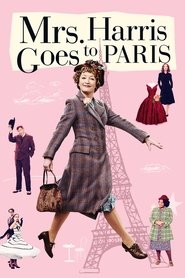After enduring an elongated journey to the Oscars this year, thanks to the awards show's refusal to compete against the Winter Olympics for viewership, it felt as though the 2014 cinematic year would never get going. Early offerings such as The Monuments Men and Jack Ryan: Shadow Recruit generated initial excitement that managed to wear off quickly. But finally, nearly two and a half months into the year, Wes Anderson strikes again and delivers a film worthy of praise. The long-time director's latest work, The Grand Budapest Hotel, also proves to be one of his finest to date.
Anderson's movie follows an author's fond recollection of the adventures surrounding legendary hotel concierge Gustave H. (played by Ralph Fiennes). The prominent figure at the famous Grand Budapest Hotel develops a strong bond with his trusty protege and lobby boy, Zero Moustafa (Tony Revolori), as the pair find themselves entangled in a web of murder and incarceration thanks to a priceless painting known only as "Boy with Apple". Gustave and Zero must work together swiftly in order to free their names and survive the pursuit of a ruthless henchmen named Jopling (Willem Defoe).

Although I've never been a huge outspoken fan of Wes Anderson's earlier works such as Rushmore or Life Aquatic, the director has certainly elevated his game in recent years. With 2012's indie success, Moonrise Kingdom, making a firm impression on his career, Anderson's newest feature nearly matches the effort. Leading man Ralph Fiennes puts on his finest acting display in over 15 years with this light-hearted and wacky role. The film's star is both charismatic and enchanting in his portrayal of the oddball concierge Gustave H. And in an expected trademark move by Wes Anderson, The Grand Budapest Hotel boasts an extensive list of actors and actresses in varying roles such as Jude Law, Adrien Brody, Jeff Goldblum, Harvey Keitel, Bill Murray, Edward Norton and Tilda Swinton (just to name a few). However, no matter how fun it always is to spot these stars in random scenes, Fiennes is the glue that holds it all together. On the shoulders of a top flight lead performance and another fabulously written screenplay by Wes Anderson himself, The Grand Budapest Hotel makes for an entertaining source of laughs and intrigue.

Despite the feature's winning array of perfectly timed jokes and hysterical dialogue, The Grand Budapest Hotel seems to suffer from flaws that typically run rampant throughout Wes Anderson's catalog of work. With a bloated emphasis on style and setting more so than the characters themselves, Anderson occasionally misses the mark by failing to create depth to his onscreen personae. It goes without question that the colorful scenes are visually appealing and the director has coined a unique and stylistic approach of his own, but his films generally lack the necessary emotion to move audiences and elevate the works to new heights. Instead, we're left with a "wordy" script containing a fair amount of humor and an excess of vibrant imagery.
Well-paced and delightfully pleasing, The Grand Budapest Hotel is a second consecutive entertaining product from the highly-regarded writer/director, Wes Anderson. Although I continue to wait for the filmmaker to turn the page with his career and take a bold step, I've still managed to find a semblance of enjoyment in his recent efforts. Good, but not great, fans of the quintessential Anderson-style are sure to appreciate The Grand Budapest Hotel.
-
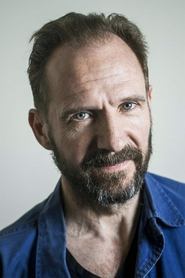 NameRalph FiennesCharacterM. Gustave
NameRalph FiennesCharacterM. Gustave -
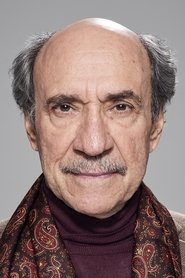 NameF. Murray AbrahamCharacterMr. Moustafa
NameF. Murray AbrahamCharacterMr. Moustafa -
 NameMathieu AmalricCharacterSerge X.
NameMathieu AmalricCharacterSerge X. -
 NameAdrien BrodyCharacterDmitri
NameAdrien BrodyCharacterDmitri -
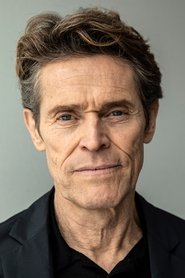 NameWillem DafoeCharacterJopling
NameWillem DafoeCharacterJopling -
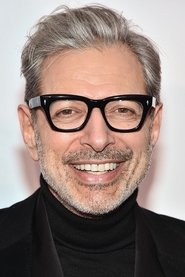 NameJeff GoldblumCharacterDeputy Kovacs
NameJeff GoldblumCharacterDeputy Kovacs -
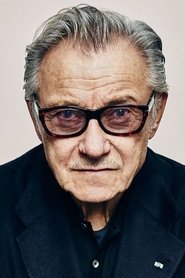 NameHarvey KeitelCharacterLudwig
NameHarvey KeitelCharacterLudwig -
 NameJude LawCharacterYoung Author
NameJude LawCharacterYoung Author -
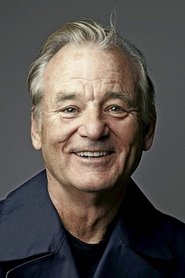 NameBill MurrayCharacterM. Ivan
NameBill MurrayCharacterM. Ivan -
 NameEdward NortonCharacterHenckels
NameEdward NortonCharacterHenckels -
 NameSaoirse RonanCharacterAgatha
NameSaoirse RonanCharacterAgatha -
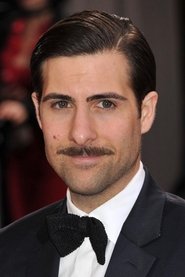 NameJason SchwartzmanCharacterM. Jean
NameJason SchwartzmanCharacterM. Jean -
 NameLéa SeydouxCharacterClotilde
NameLéa SeydouxCharacterClotilde -
 NameTilda SwintonCharacterMadame D.
NameTilda SwintonCharacterMadame D. -
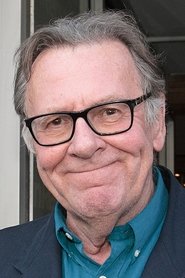 NameTom WilkinsonCharacterAuthor
NameTom WilkinsonCharacterAuthor -
 NameOwen WilsonCharacterM. Chuck
NameOwen WilsonCharacterM. Chuck -
 NameTony RevoloriCharacterZero
NameTony RevoloriCharacterZero -
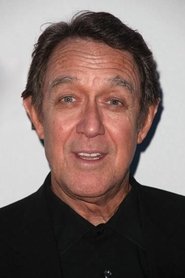 NameLarry PineCharacterMr. Mosher
NameLarry PineCharacterMr. Mosher -
 NameGiselda VolodiCharacterSerge's Sister
NameGiselda VolodiCharacterSerge's Sister -
 NameFlorian LukasCharacterPinky
NameFlorian LukasCharacterPinky -
 NameKarl MarkovicsCharacterWolf
NameKarl MarkovicsCharacterWolf -
 NameVolker MichalowskiCharacterGünther
NameVolker MichalowskiCharacterGünther -
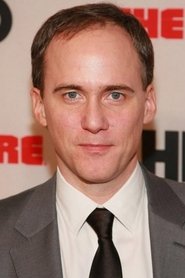 NameNeal HuffCharacterLieutenant
NameNeal HuffCharacterLieutenant -
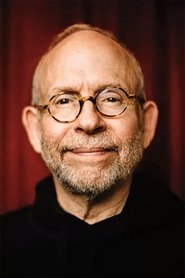 NameBob BalabanCharacterM. Martin
NameBob BalabanCharacterM. Martin -
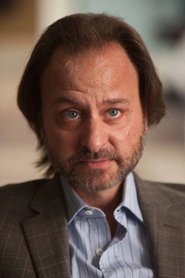 NameFisher StevensCharacterM. Robin
NameFisher StevensCharacterM. Robin -
 NameWallace WolodarskyCharacterM. Georges
NameWallace WolodarskyCharacterM. Georges -
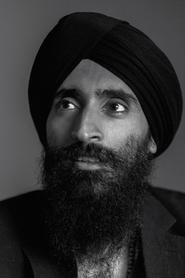 NameWaris AhluwaliaCharacterM. Dino
NameWaris AhluwaliaCharacterM. Dino -
 NameJella NiemannCharacterStudent
NameJella NiemannCharacterStudent -
 NameMarcel MazurCharacterAuthor's Grandson
NameMarcel MazurCharacterAuthor's Grandson -
 NameRobert BienasCharacterAlpine Hiker
NameRobert BienasCharacterAlpine Hiker -
 NameManfred LindnerCharacterFront Desk (1968)
NameManfred LindnerCharacterFront Desk (1968) -
 NameOliver ClaridgeCharacterComposer
NameOliver ClaridgeCharacterComposer -
 NameBernhard KremserCharacterBusinessman
NameBernhard KremserCharacterBusinessman -
 NameKunichi NomuraCharacterActor
NameKunichi NomuraCharacterActor -
 NameSister Anna RademacherCharacterNun
NameSister Anna RademacherCharacterNun -
 NameHeinz-Werner JeschkowskiCharacterBather
NameHeinz-Werner JeschkowskiCharacterBather -
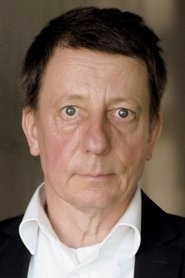 NameSteffen ScheumannCharacterHead Waiter (1968)
NameSteffen ScheumannCharacterHead Waiter (1968) -
 NameSabine EulerCharacterSchoolteacher
NameSabine EulerCharacterSchoolteacher -
 NameRenate KleinCharacterWidow
NameRenate KleinCharacterWidow -
 NameUwe HoloubekCharacterSecond Waiter (1968)
NameUwe HoloubekCharacterSecond Waiter (1968) -
 NameFrancesco ZippelCharacterFootman (1932)
NameFrancesco ZippelCharacterFootman (1932) -
 NameEnrico HoffmannCharacterFootman (1932)
NameEnrico HoffmannCharacterFootman (1932) -
 NameDaniel SteinerCharacterAnatole
NameDaniel SteinerCharacterAnatole -
 NameMarie GoyetteCharacterHousekeeper (1932)
NameMarie GoyetteCharacterHousekeeper (1932) -
 NameHendrik von BültzingslöwenCharacterErnst
NameHendrik von BültzingslöwenCharacterErnst -
 NamePaul SchlaseCharacterIgor
NamePaul SchlaseCharacterIgor -
 NameJenő OroszCharacterDoorman (1932)
NameJenő OroszCharacterDoorman (1932) -
 NameGyula LukácsCharacterDoorman (1932)
NameGyula LukácsCharacterDoorman (1932) -
 NameDarin DamjanowCharacterChauffeur
NameDarin DamjanowCharacterChauffeur -
 NameDar RongeCharacterCrippled Shoeshine Boy
NameDar RongeCharacterCrippled Shoeshine Boy -
 NameGeorg RittmannspergerCharacterFront Desk (1932)
NameGeorg RittmannspergerCharacterFront Desk (1932) -
 NameDirk BossmannCharacterFront Desk (1932)
NameDirk BossmannCharacterFront Desk (1932) -
 NameArwin LobedannCharacterFront Desk (1932)
NameArwin LobedannCharacterFront Desk (1932) -
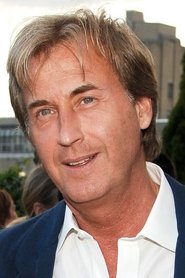 NameRobin HurlstoneCharacterHerr Schneider
NameRobin HurlstoneCharacterHerr Schneider -
 NameJutta WestphalCharacterFrau Liebling
NameJutta WestphalCharacterFrau Liebling -
 NameMatthias HolfertCharacterChef (1932)
NameMatthias HolfertCharacterChef (1932) -
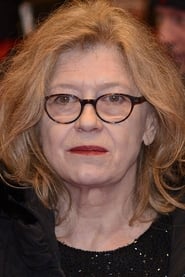 NameLisa KreuzerCharacterGrande Dame
NameLisa KreuzerCharacterGrande Dame -
 NameGisela BechCharacterGrande Dame
NameGisela BechCharacterGrande Dame -
 NameBirgit MüllerCharacterGrande Dame
NameBirgit MüllerCharacterGrande Dame -
 NameUrsula KuhntCharacterGrande Dame
NameUrsula KuhntCharacterGrande Dame -
 NameMonika KrügerCharacterGrande Dame
NameMonika KrügerCharacterGrande Dame -
 NameWolfram NielacnyCharacterHerr Becker
NameWolfram NielacnyCharacterHerr Becker -
 NameReinhold HegelowCharacterHead Waiter (1932)
NameReinhold HegelowCharacterHead Waiter (1932) -
 NameSteffen NixdorfCharacterSecond Waiter (1932)
NameSteffen NixdorfCharacterSecond Waiter (1932) -
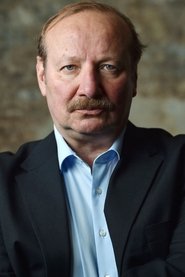 NameRainer ReinersCharacterHerr Mendl
NameRainer ReinersCharacterHerr Mendl -
 NameMilton WelshCharacterFranz
NameMilton WelshCharacterFranz -
 NamePiet PaesCharacterTaxi Driver
NamePiet PaesCharacterTaxi Driver -
 NameMichaela CasparCharacterMarguerite
NameMichaela CasparCharacterMarguerite -
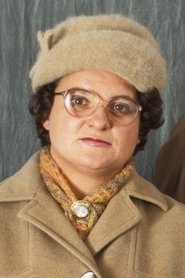 NameSabine UrigCharacterLaetizia
NameSabine UrigCharacterLaetizia -
 NameHeike Hanold-LynchCharacterCarolina
NameHeike Hanold-LynchCharacterCarolina -
 NameRoy MacreadyCharacterOld Man
NameRoy MacreadyCharacterOld Man -
 NameJohn PeetCharacterYoung Man
NameJohn PeetCharacterYoung Man -
 NameCarl SpragueCharacterDistant Relation
NameCarl SpragueCharacterDistant Relation -
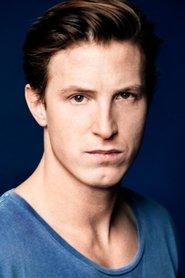 NameGolo EulerCharacterLutz Police Militia
NameGolo EulerCharacterLutz Police Militia -
 NameJürgen SchwämmleCharacterLutz Police Militia
NameJürgen SchwämmleCharacterLutz Police Militia -
 NameFrank JacobCharacterGiant Convict
NameFrank JacobCharacterGiant Convict -
 NameRoman BergerCharacterParcel Inspector
NameRoman BergerCharacterParcel Inspector -
 NameMichael BenthinCharacterSnitch
NameMichael BenthinCharacterSnitch -
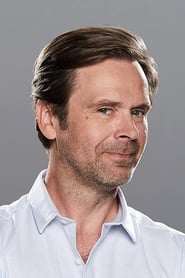 NameMatthias MatschkeCharacterPrison Guard
NameMatthias MatschkeCharacterPrison Guard -
 NameLennart MeyerCharacterLobby Boy
NameLennart MeyerCharacterLobby Boy -
 NameAlfred HänelCharacterLobby Boy
NameAlfred HänelCharacterLobby Boy -
 NameManpreet GerlachCharacterLobby Boy
NameManpreet GerlachCharacterLobby Boy -
 NameDavid AdamikCharacterLobby Boy
NameDavid AdamikCharacterLobby Boy -
 NameMoritz HepperCharacterLobby Boy
NameMoritz HepperCharacterLobby Boy -
 NameDavid CioffiCharacterCook
NameDavid CioffiCharacterCook -
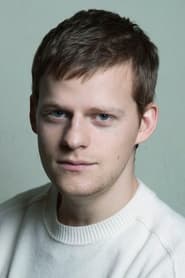 NameLucas HedgesCharacterPump Attendant
NameLucas HedgesCharacterPump Attendant -
 NameWolfgang CzeczorCharacterMonk
NameWolfgang CzeczorCharacterMonk -
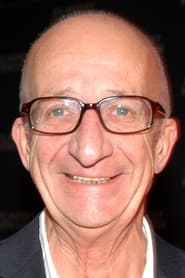 NamePhilipp SonntagCharacterMonk
NamePhilipp SonntagCharacterMonk -
 NameHans Martin StierCharacterMonk
NameHans Martin StierCharacterMonk -
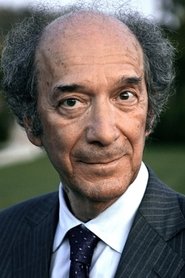 NameGeorg TryphonCharacterMonk
NameGeorg TryphonCharacterMonk -
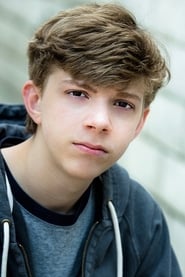 NameGabriel RushCharacterOtto
NameGabriel RushCharacterOtto -
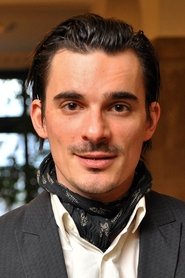 NameHannes WegenerCharacterSoldier
NameHannes WegenerCharacterSoldier -
 NameGerald SullivanCharacterSoldier
NameGerald SullivanCharacterSoldier -
 NameOliver HazellCharacterSoldier
NameOliver HazellCharacterSoldier -
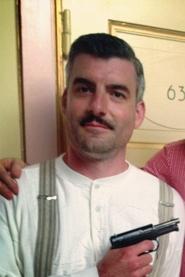 NameBen HowardCharacterSoldier
NameBen HowardCharacterSoldier -
 NameBohumil VáchalCharacterJudge
NameBohumil VáchalCharacterJudge -
 NameMarko DyrlichCharacterZig-Zag
NameMarko DyrlichCharacterZig-Zag -
 NameEd MunroCharacter'Boy with Apple' (model)
NameEd MunroCharacter'Boy with Apple' (model)
-
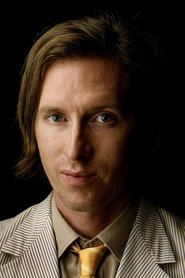 NameWes AndersonJobDirector
NameWes AndersonJobDirector -
 NameAlexandre DesplatJobOriginal Music Composer
NameAlexandre DesplatJobOriginal Music Composer -
 NameYann McCulloughJobMusic Editor
NameYann McCulloughJobMusic Editor -
 NameJosef BrandlJobSet Designer
NameJosef BrandlJobSet Designer -
 NameRoxy KonradJobArt Department Coordinator
NameRoxy KonradJobArt Department Coordinator -
 NameFergus CleggJobAssistant Set Decoration
NameFergus CleggJobAssistant Set Decoration -
 NameKatharina BirkenfeldJobAssistant Set Decoration
NameKatharina BirkenfeldJobAssistant Set Decoration -
 NameCarolin LangenbahnJobSet Decorating Coordinator
NameCarolin LangenbahnJobSet Decorating Coordinator -
 NameVolkhart BuffJobStunt Coordinator
NameVolkhart BuffJobStunt Coordinator -
 NameWes AndersonJobScreenplay
NameWes AndersonJobScreenplay -
 NameWes AndersonJobProducer
NameWes AndersonJobProducer -
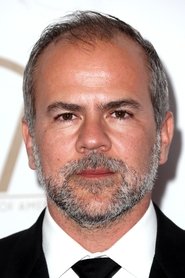 NameJeremy DawsonJobProducer
NameJeremy DawsonJobProducer -
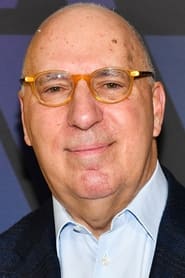 NameSteven M. RalesJobProducer
NameSteven M. RalesJobProducer -
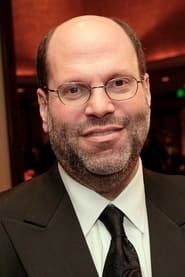 NameScott RudinJobProducer
NameScott RudinJobProducer -
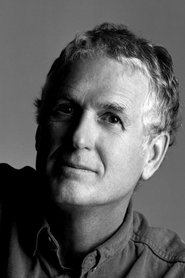 NameRobert D. YeomanJobDirector of Photography
NameRobert D. YeomanJobDirector of Photography -
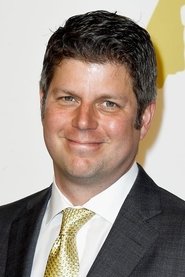 NameAdam StockhausenJobProduction Design
NameAdam StockhausenJobProduction Design -
 NameStephan O. GesslerJobArt Direction
NameStephan O. GesslerJobArt Direction -
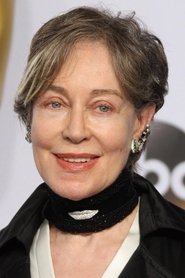 NameMilena CanoneroJobCostume Design
NameMilena CanoneroJobCostume Design -
 NameAnna PinnockJobSet Decoration
NameAnna PinnockJobSet Decoration -
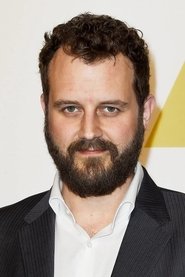 NameBarney PillingJobEditor
NameBarney PillingJobEditor -
 NameHugo GuinnessJobStory
NameHugo GuinnessJobStory -
 NameWes AndersonJobStory
NameWes AndersonJobStory -
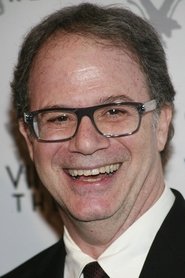 NameDouglas AibelJobCasting
NameDouglas AibelJobCasting -
 NameAntoinette BoulatJobCasting
NameAntoinette BoulatJobCasting -
 NameSimone BärJobCasting
NameSimone BärJobCasting -
 NameJina JayJobCasting
NameJina JayJobCasting -
 NameAlexandra MontagJobCasting
NameAlexandra MontagJobCasting -
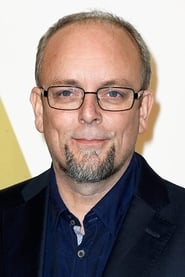 NameMark CoulierJobAnimatronic and Prosthetic Effects
NameMark CoulierJobAnimatronic and Prosthetic Effects -
 NameJulie DartnellJobHairstylist
NameJulie DartnellJobHairstylist -
 NameHeike MerkerJobHairstylist
NameHeike MerkerJobHairstylist -
 NameNorma WebbJobHairstylist
NameNorma WebbJobHairstylist -
 NameNorma WebbJobMakeup Artist
NameNorma WebbJobMakeup Artist -
 NameHeike MerkerJobMakeup Artist
NameHeike MerkerJobMakeup Artist -
 NameDuncan JarmanJobAnimatronic and Prosthetic Effects
NameDuncan JarmanJobAnimatronic and Prosthetic Effects -
 NamePatricia ColinJobCostume Supervisor
NamePatricia ColinJobCostume Supervisor -
 NameAlexandra TorterototJobScript Supervisor
NameAlexandra TorterototJobScript Supervisor -
 NameJane FrazerJobCo-Producer
NameJane FrazerJobCo-Producer -
 NameMolly CooperJobExecutive Producer
NameMolly CooperJobExecutive Producer -
 NameChristoph FisserJobExecutive Producer
NameChristoph FisserJobExecutive Producer -
 NameHenning MolfenterJobExecutive Producer
NameHenning MolfenterJobExecutive Producer -
 NameCarl WoebckenJobExecutive Producer
NameCarl WoebckenJobExecutive Producer -
 NameOctavia PeisselJobAssociate Producer
NameOctavia PeisselJobAssociate Producer -
 NameRandall PosterJobMusic Supervisor
NameRandall PosterJobMusic Supervisor -
 NameJosh RobertsonJobFirst Assistant Director
NameJosh RobertsonJobFirst Assistant Director -
 NameBen HowardJobSecond Assistant Director
NameBen HowardJobSecond Assistant Director -
 NameCandy MarloweJobCrowd Assistant Director
NameCandy MarloweJobCrowd Assistant Director -
 NameSanjay SamiJobKey Grip
NameSanjay SamiJobKey Grip -
 NameHelmut PreinJobGaffer
NameHelmut PreinJobGaffer -
 NameChristian AlmesbergerJobFirst Assistant Camera
NameChristian AlmesbergerJobFirst Assistant Camera -
 NameGerald SullivanJobSupervising Art Director
NameGerald SullivanJobSupervising Art Director -
 NameRobin L. MillerJobProperty Master
NameRobin L. MillerJobProperty Master -
 NameAnnie AtkinsJobGraphic Designer
NameAnnie AtkinsJobGraphic Designer -
 NameMartin ScaliJobSecond Unit Director
NameMartin ScaliJobSecond Unit Director -
 NameJohn PeetJobAssociate Producer
NameJohn PeetJobAssociate Producer -
 NameKlaus Große DarrelmannJobLocation Manager
NameKlaus Große DarrelmannJobLocation Manager -
 NameDan HillsdonJobFinance
NameDan HillsdonJobFinance -
 NameRoman BergerJobStandby Painter
NameRoman BergerJobStandby Painter -
 NameMiki EmmrichJobUnit Production Manager
NameMiki EmmrichJobUnit Production Manager -
 NameGisela EvertJobPost Production Supervisor
NameGisela EvertJobPost Production Supervisor -
 NameMark Edward WrightJobVisual Effects Editor
NameMark Edward WrightJobVisual Effects Editor -
 NameJeff KryvickyJobTitle Designer
NameJeff KryvickyJobTitle Designer -
 NameSimon RhodesJobMusic
NameSimon RhodesJobMusic -
 NameNils KonradJobDriver
NameNils KonradJobDriver -
 NameJan BrunJobGrip
NameJan BrunJobGrip -
 NameThorsten RienthJobDigital Compositors
NameThorsten RienthJobDigital Compositors -
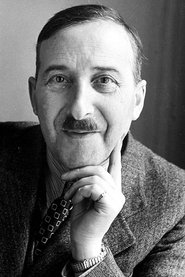 NameStefan ZweigJobOriginal Story
NameStefan ZweigJobOriginal Story -
 NameKatharina HingstJobOther
NameKatharina HingstJobOther -
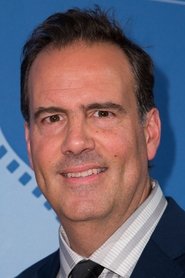 NameChris ScarabosioJobSupervising Sound Editor
NameChris ScarabosioJobSupervising Sound Editor -
 NameWayne LemmerJobSupervising Sound Editor
NameWayne LemmerJobSupervising Sound Editor -
 NamePawel WdowczakJobSound Mixer
NamePawel WdowczakJobSound Mixer -
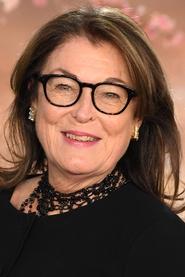 NameFrances HannonJobMakeup & Hair
NameFrances HannonJobMakeup & Hair -
 NameMichael SchlingmannJobStoryboard Artist
NameMichael SchlingmannJobStoryboard Artist -
 NameJulie DartnellJobMakeup Artist
NameJulie DartnellJobMakeup Artist -
 NameNathaniel De'LineadeusJobSpecial Effects Makeup Artist
NameNathaniel De'LineadeusJobSpecial Effects Makeup Artist -
 NameDaniela SkalaJobMakeup Artist
NameDaniela SkalaJobMakeup Artist -
 NameChris LyonsJobSpecial Effects Makeup Artist
NameChris LyonsJobSpecial Effects Makeup Artist -
 NameJill BogdanowiczJobDigital Intermediate Colorist
NameJill BogdanowiczJobDigital Intermediate Colorist -
 NameNathan ParkerJobProduction Design
NameNathan ParkerJobProduction Design -
 NameAsuka TovazziJobStunt Double
NameAsuka TovazziJobStunt Double
-
Trailer
-
Trailer
-
Trailer
-
Trailer
-
Trailer
-
Trailer
-
Trailer
-
Trailer
-
Clip
-
Clip
-
Clip
-
Clip
-
Clip
-
Clip
-
Clip
-
Clip
-
Clip
-
Teaser
-
Teaser
-
Teaser
-
Teaser
-
Teaser
-
Teaser
-
Teaser
-
Featurette
-
Featurette
-
Featurette
-
Featurette
-
Featurette
-
Featurette
-
Featurette
-
Featurette
-
Featurette
-
Featurette
-
Featurette
-
Featurette
-
Featurette
-
Featurette
-
Featurette





